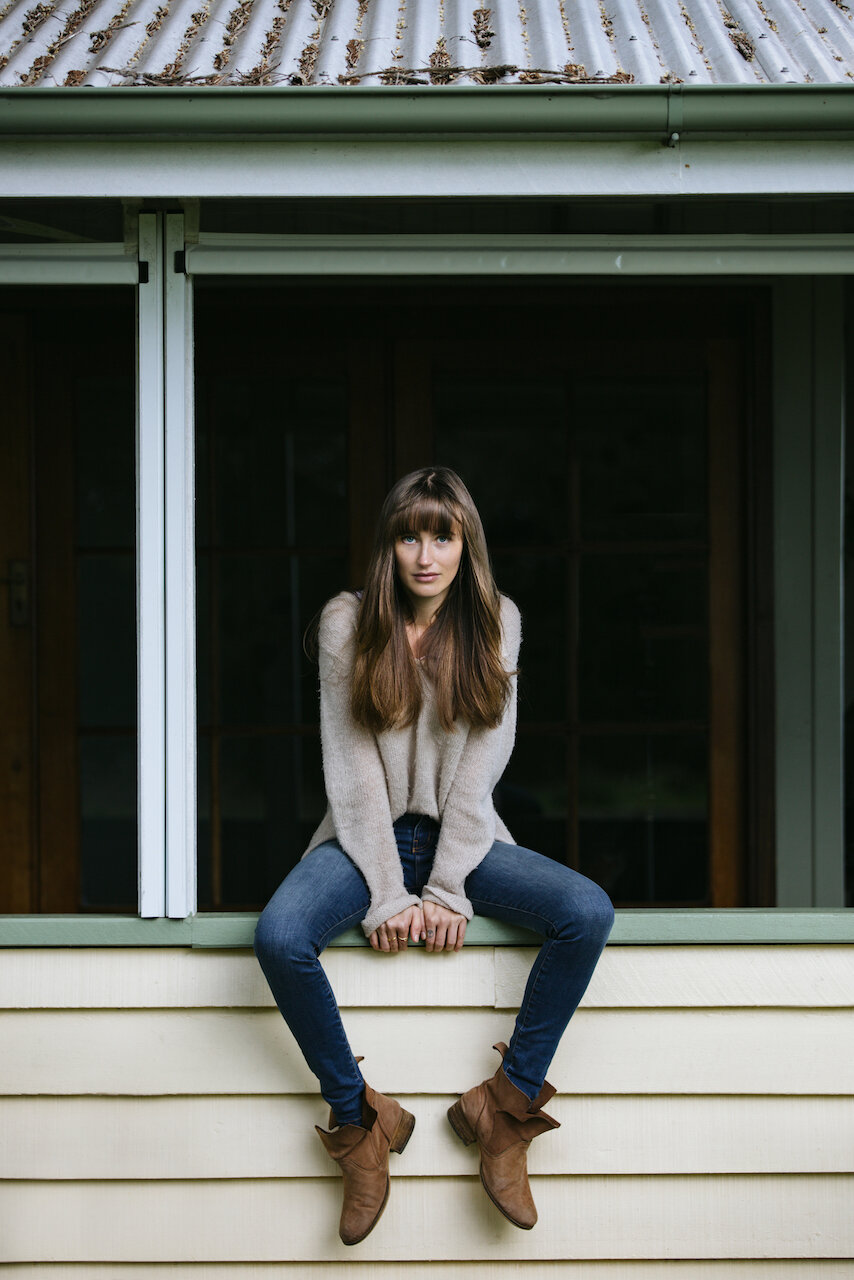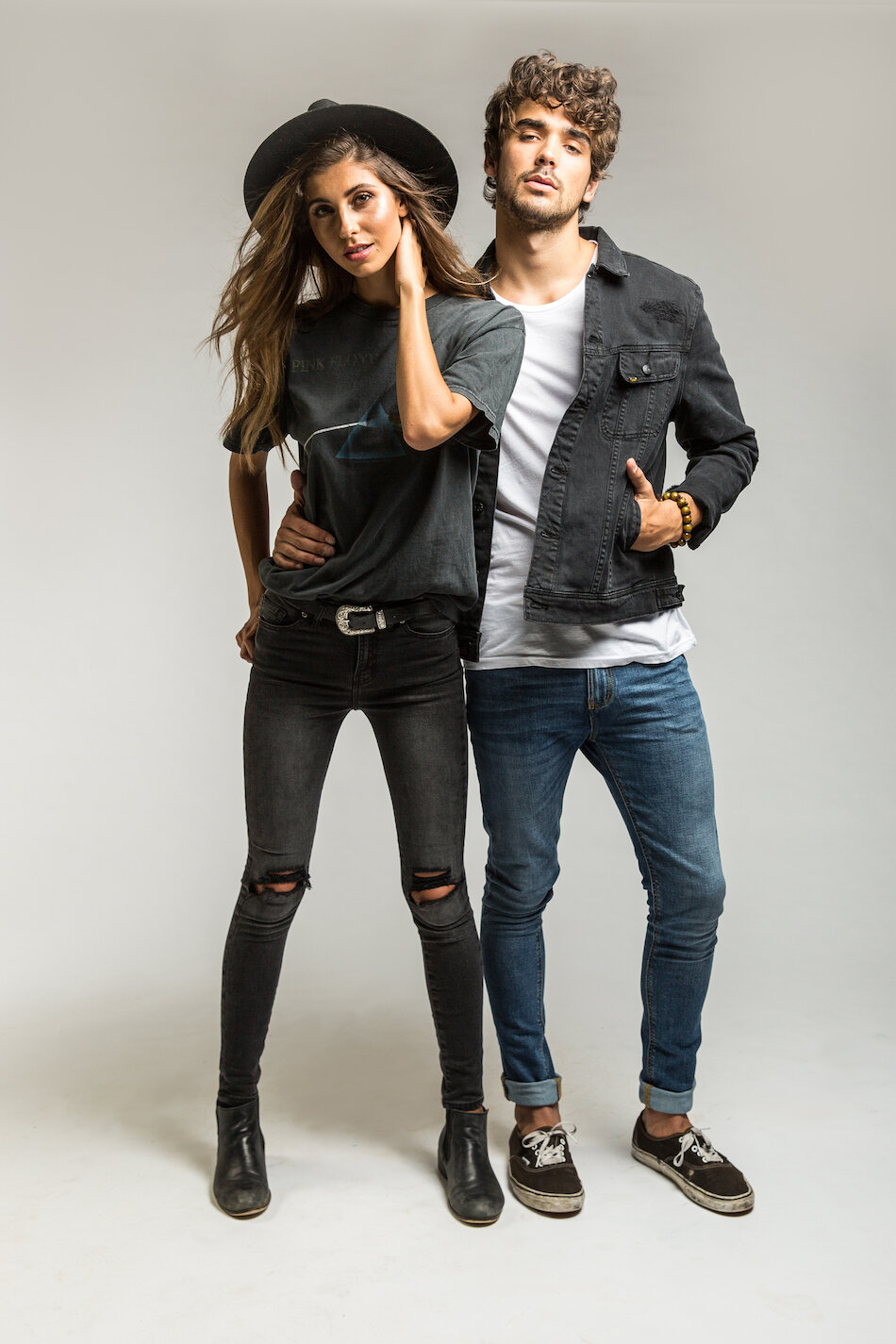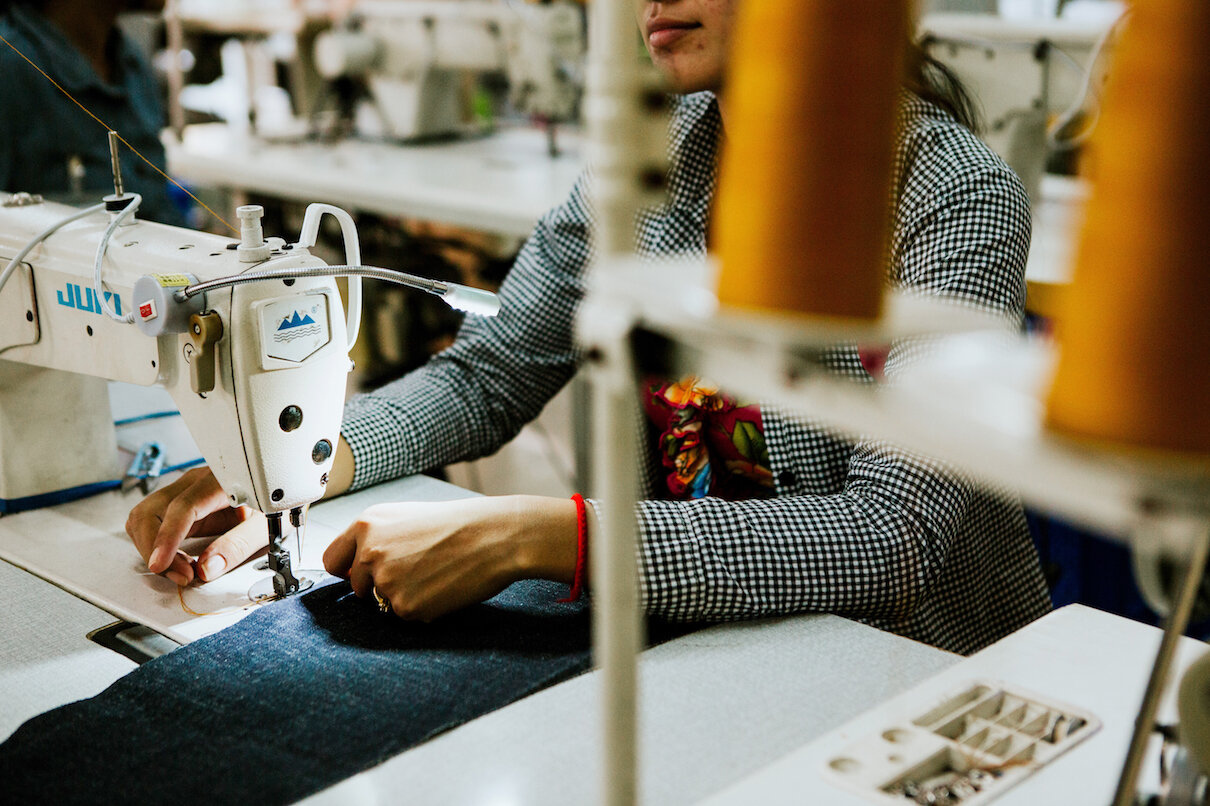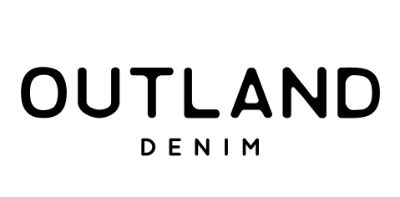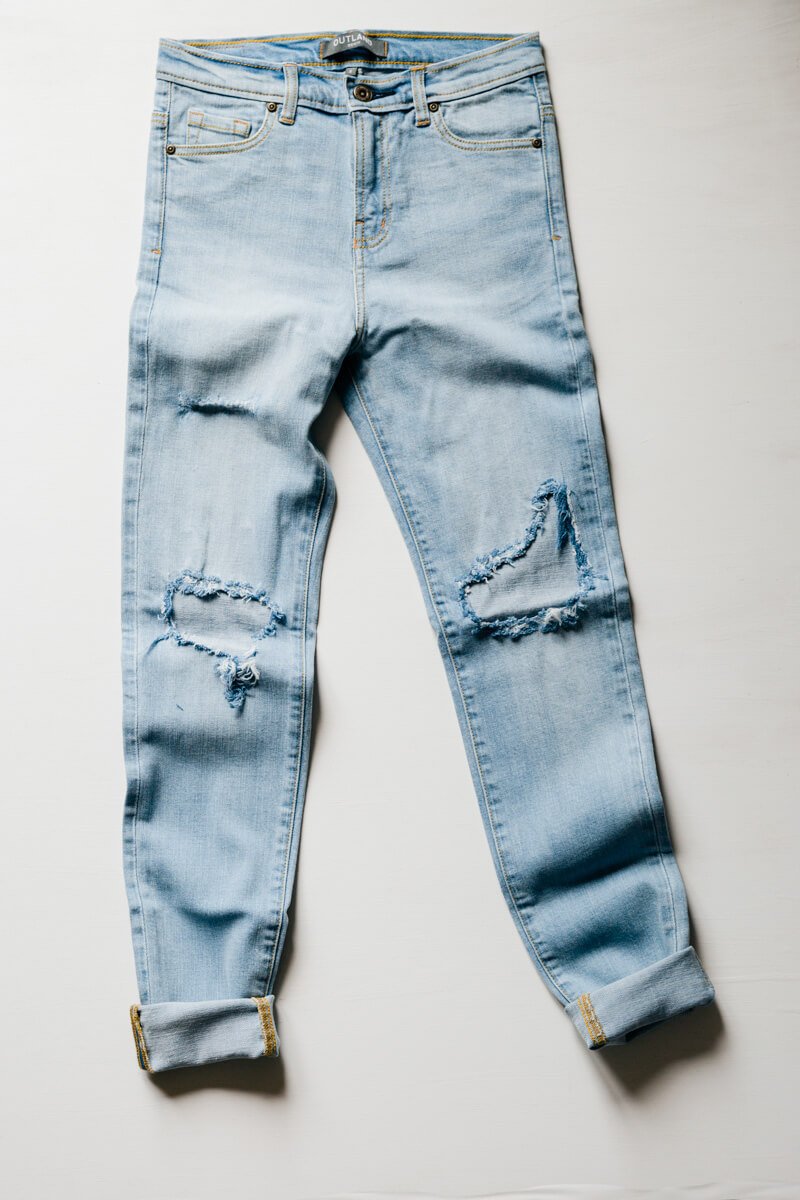
The Social Denim: Interview With James Bartle, Founder Of Outland Denim
Meet James Bartle, Founder Of Outland Denim
Sex trafficking is a $99 billion industry and human trafficking in its total is a $150 billion industry, but one denim company is striving to make a dent in it. Outland Denim was founded by James Bartle as a means to provide stable employment and economic opportunity to women who would otherwise be vulnerable to being trafficked. But he didn’t stop there. He innovated on industry standards to create a superior line of jeans with minimal footprint. This is James’ story – from sausage sales and brothels to a truly inspiring social enterprise.
Outland Denim was inspired at least in part by your time in Asia, where you witnessed the devastation of the sex trafficking industry. What was it about that trip that changed the trajectory of your career?
I saw the streets lined with brothels. Young men and women would jump out onto the street to try and acquire our business. I wasn’t ignorant to the sex trade, but when we stood in front of one of the clubs and a young girl of probably only 12 or 13 years old stood there with fear in her eyes waiting for what could have even been her first customer, I was changed. I pictured one of my nieces (I had no daughters at the time) being trapped in a situation like that. That’s what broke me.
Let’s talk about denim. What are the environmental impacts of traditional denim production – from the cotton crop, to dye, to metal mining for zippers? How is Outland innovating on this process to reduce the environmental impact?
Denim jean production has one of the worst environmental impacts of all the garment industry, largely due to the high water consumption used to grow the cotton, chemicals sprayed (pesticides and fertilizers) on it – and that’s before you even get to the denim mill. Once the cotton is picked it’s transported often to the other side of the world, creating a carbon footprint, and at the denim mill the fabric is chemically dyed creating additional impact. Then the denim might get shipped across the world again to the garment factory where the jean is assembled and sent to be washed. Once at the wash house, there are massive amounts of water used in the distressing of the jeans. Chemicals are once again used to achieve perhaps a worn-in look, and the pumice stones that are sometimes used in this part of the process are mined, creating yet another carbon footprint. The footprint is significant.
At Outland, our approach is to use recycled, organic and/or BCI cotton, the latter of which is a great initiative created to accredit cotton growers who have adopted better practices that reduce the environmental and social impact in cotton growing communities. We then pay for a carbon offset on our denim and we use vegetable dyes. Once we assemble the jeans in our own production house, we gather all the scraps of fabric and recycle it. During the washing and distressing of the denim, we use organic methods to create the desired effects, and the water from the washing is then sent through a filtration system making the water safe to reused.
You were so intentional in the design of your social enterprise, pursuing a product that is a staple in so many wardrobes. I’d love to hear more about why you were inspired to choose denim as the way in which you would have an impact on the world?
We chose denim for reasons like you said; they are a staple, they are also a piece of clothing that says a lot about you, and for that reason we believe we offer something unique to those people who want to do the right thing and help others. Buying Outland jeans means you get a great premium pair of jeans that will last, and that look great, all while helping to bring another person out of poverty.
They truly are a beautiful product – high quality denim with just the right amount of stretch but still holding their shape. How in the world did you learn everything you need to about an industry you had no experience in?
By way of trial and error, seeking professional advice, and just continuing to stay motivated by the long game. We have employed great staff with experience at our production house and stayed committed to learning better ways to produce clothing.
Social entrepreneurship is an adventure. Tell us about the early days, the learning curve. The brand has come so far since cement mixers and hot coal irons, but we’d love to hear about some of the challenges you’ve faced and how you’ve evolved the business.
Where do I even start?! The challenges have presented themselves thick and fast at times, but that has really only made us stronger.
Funding the project has been one of the hardest parts. We sold sausages at local events to gather funds and borrowed money off friends and family to pay the next month’s wages. We started another business to help fund the project, and there have been so many generous people who donated money, too. I remember counting out a jar full of gold coins my uncle had given me to try and make up the money needed to get to Cambodia for one of the many trips back and forth.
The very first pair of jeans we made were such a long way from resembling the product we have today. They looked like jeans but fit more like a pair of my daughter’s leggings around the thighs with room for a circus around the waist. We had so much to learn!
“The challenges have presented themselves thick and fast at times, but that has really only made us stronger. ”
In addition to pursing the best practices in the industry in terms of sourcing and production, Outland is committed to leveraging that production process to create stable employment for survivors of the sex trade. Tell us more about sex trafficking and the influence you endeavor to have on the women its impacted.
The International Labor Organization estimates that 98 per cent of sex trafficking victims are women and girls and impoverished women and girls from developing countries are especially vulnerable. So poverty is the greatest problem. Poverty places many of the trafficked victims in harm’s way, whether that be accepting fraudulent “job placements” in the city or another country, or the coercion of a more senior family member who can see the economic potential of a girl, perhaps out of pure desperation.
With that in mind, we are committed to creating opportunity that alleviates that issue, as well as protects victims from re-victimization. Over the past six years we have proven that sustainable employment that pays a living wage and gives educational opportunities to further develop staff skills and knowledge can relieve them of the pressure of poverty.
You’ve designed a training program specifically to empower seamstresses – and survivors -with the skills they need to produce designer denim. What inspires your particular design?
We are first and foremost about creating a quality jean, so that attention to detail alone gives our seamstresses an edge as they are learning to perfect their craft. Additionally, unlike a typical production line set-up in a factory, whereby one person may spend years just working on pockets or belt loops, we ensure that each seamstress is able to experience making every part of a jean to widen her learning and challenge her in her work.
All our silhouettes go through a stringent testing process. We believe in creating quality products that you buy less often and jeans you can be really proud to wear. We don’t release a hundred different designs each year, but really back and believe in those we do create, thinking that it will become a part of a person’s jean wardrobe. We won’t always hit the mark, but that’s the philosophy. We want people to have their Outlands for years, not just a season.
“We believe in creating quality products that you buy less often and jeans you can be really proud to wear…We want people to have their Outlands for years, not just a season.”
Headquartered in Australia, where is conscious consumerism headed in your home country and how are brands responding? what’s next for Outland Denim?
We are literally spoiled rotten. We love our take-away coffees, our plastic bags, and we have an abundance of food that we don’t know what to do with. We are also suckers for the big overseas fashion brands and (according to Statista) are the number one consumers of fashion per capita in the world. That said, there is a growing movement toward buying local, sustainable, organic, ethical, etc. We are very much a part of our environment – the beaches, the rainforests and the bush are our home – but somewhere along the way there has been a disconnect between our natural environment and our lifestyle. Aussies are great people and when we as a nation really click to the conscious movement, we will be powerful in it.
North America is next. We are preparing to launch in stores January 2018 and online pre-Christmas this year. We are very excited!
